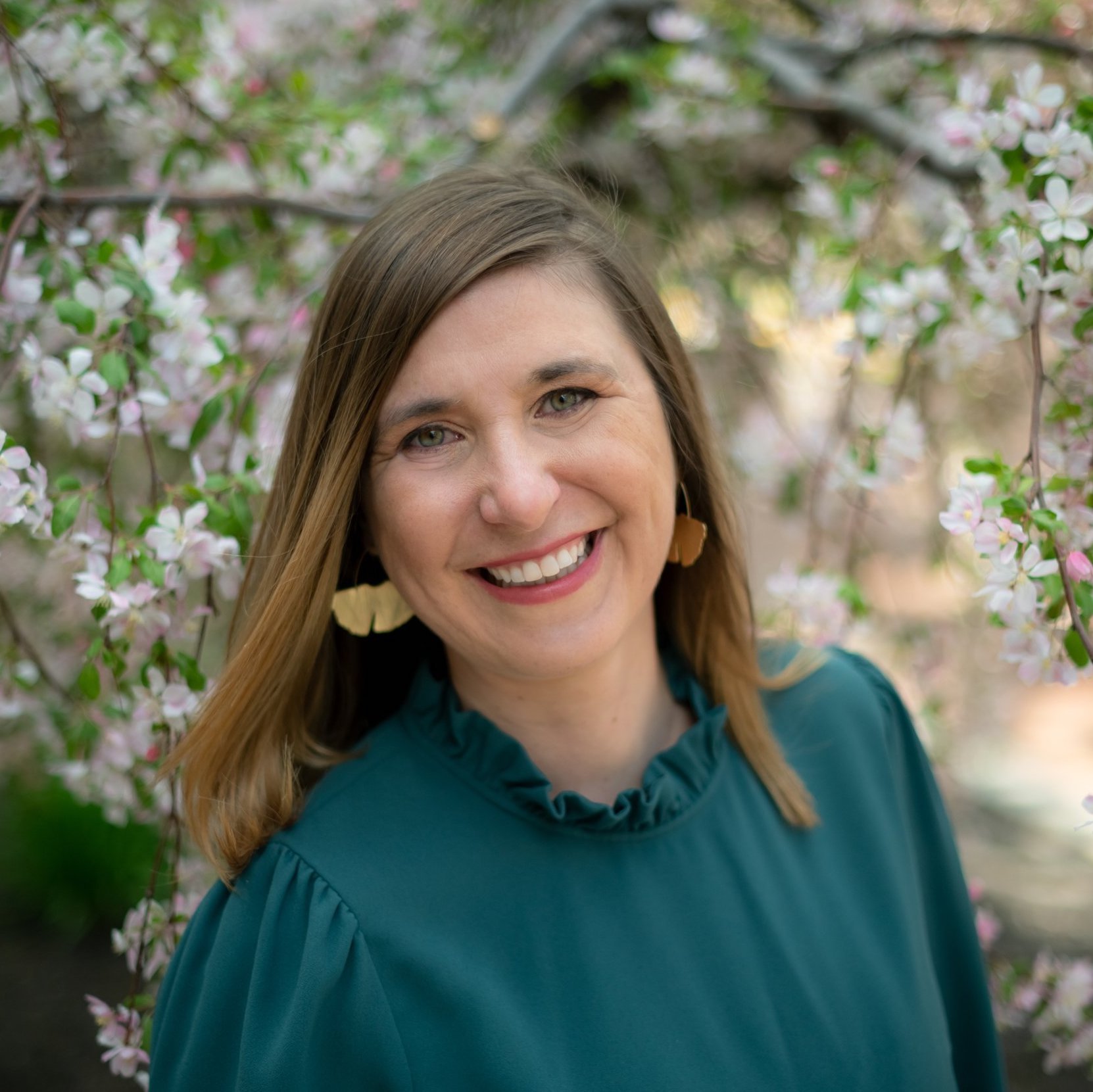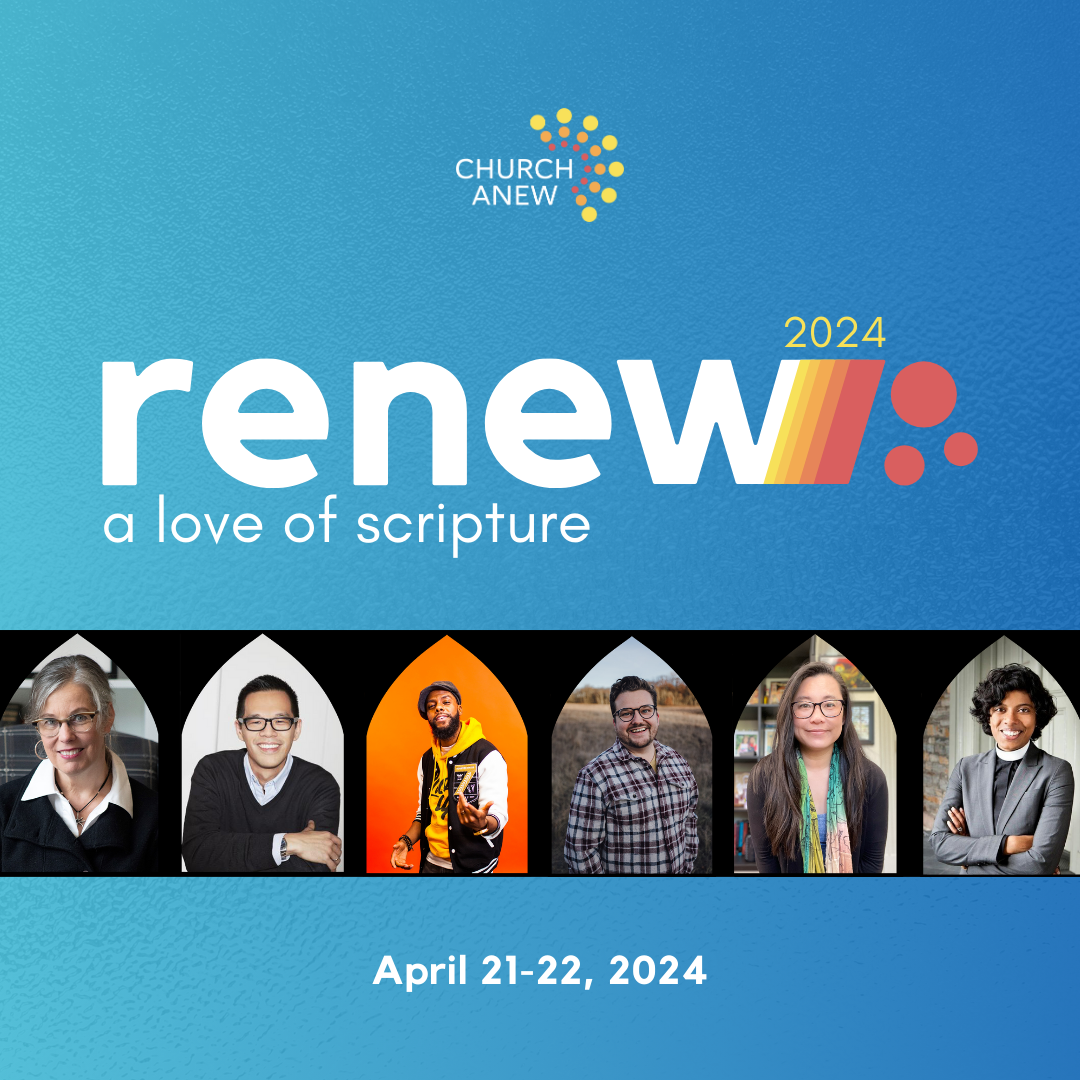In This Crucial Election Year What Will Your Community Do on Day One?
By ERIN WEBER-JOHNSON and REV. THIA REGGIO
Photo by Element5 Digital
“As for you, you will keep my covenant, you and your offspring throughout the generations.”
—Genesis 17:9
We, the people of the Abrahamic traditions, are keepers of God’s covenant. That is our charge, established millennia ago and carried on from generation to generation into the present age. It is a charge that exists both within and outside of human history.
In the moment in which we are living, with the forces of greed, fear-mongering, and power-hungriness that have always been at work in the world now amplified by media and transmitted around the world with lightning speed, it’s easy to lose sight of the longer view that connects us across the ages to our ancestors and to generations yet to come.
We are trained to focus on much shorter timelines: 24-hour news cycles, crises that hold our attention for a few weeks at a time before they’re subsumed by the next crisis, political rhetoric punctuated by election year trends.
In 2024, the U.S. is anticipating a November presidential election in which it’s not an exaggeration to say that Americans face a choice which may well determine the future of our democracy, with impacts that will be felt around the globe. With such high stakes, it’s easy to be hyper-focused on securing the outcome you believe will be the right one.
As people of faith, as bearers of God’s ancient covenant, we cannot allow our vision to be so exclusively near-sighted. We must recalibrate our focus to include a much longer horizon. We must understand that the work of God’s justice does not begin and end with an election cycle. Vote, yes. Work for the near-term outcome you desire. But remember that your commitment to keep God’s covenant will continue when the election results are in.
On Day One of the next administration (and in whatever follows), communities of faith must continue the work being God’s people. Regardless of whether you see the outcome you desire or not, the work will need to go on. You’ll either be working in alignment with those you trust, or you’ll be in the resistance against those you do not trust. Either way, there will be work to do.
Rather than succumbing to a sense of overwhelm or becoming paralyzed by dread, the time is now to reflect on your values and priorities and to discern where your energies need to be focused. In addition, this is a moment to consider what groups of people may be impacted depending on the outcome. As you consider this, you can think how your strategies can show care in the days, weeks, and years to follow.
As soon as you’re able, here are steps you can take:
Gather as a community and envision together the world as you believe God desires it to be based on scripture, your tradition, and your core values.
Identify 1-3 priorities where your community can focus sufficient energy.
Call leaders to create a plan of action to support these priorities in light of each potential outcome.
Organize people to start laying the groundwork to bring the plans to life.
Prepare for a new phase of work to begin on Day One of the next administration, adapted for whichever outcome occurs.
Creating a Day One Strategy gives people a sense of agency. There are things that can be done. By allowing us to plan now, this gives us collective power.
Remember, you are not alone. God is with you. God’s promises have been active since before our history began. Powers and principalities have risen and fallen many times in God’s presence and the covenant still stands. So must we stand in God’s promise to work toward the world of peace with justice that God is calling into being—whether we live in an age that reflects those values or obscures them, God’s promise will prevail.
Rev. Thia Reggio
Rev. Thia Reggio, collaborator, seasoned pastor, worship leader, community organizer, disaster response coordinator, career discernment counselor, strategist, writer, simplification consultant, and mother of three. Thia is at her most joyful in an eclectic environment. Connecting and communicating varied aspects of life—like those between a plant pushing up through the soil and the challenges of life in a busy city, between ancient battles and psycho-social structures in organizations, between children learning a language and adults facing retirement, this is what Thia finds life-giving.
After more than twenty years as a process and communications consultant to Fortune 500 companies, government agencies, and nonprofit organizations, Thia heeded the call to seminary and the ministry, graduating from Union Seminary with a Master of Divinity in 2012 and a Master of Sacred Theology in Christianity in a Multi-Religious Context in 2013. Thia currently serves as pastor of The Second Presbyterian Church in the City of New York, and on the Advisory Board of the Center for Earth Ethics.
Erin Weber-Johnson
Erin Weber-Johnson is Senior Consultant at Vandersall Collective, a faith based, woman-led consulting firm and Primary Faculty of Project Resource. In 2017 she co-founded the Collective Foundation, which worked to address the gap in giving characteristics in faith communities of color. In 2022 she co-founded The Belonging Project, a movement designed to reimagine belonging across the ecclesial landscape.
Previously, Erin worked as the Senior Program Director at the Episcopal Church Foundation, as a grants officer at Trinity Wall Street in New York City, and served as a missionary for the Episcopal Church. She holds a BS from Greenville University, a Masters of Public Administration for NYU and is currently completing a second masters in Religion and Theology from United Theological Seminary.
A published author, she strives to root her work in practical theology while utilizing her experience in the nonprofit sector. Her co-edited book, Crisis and Care: Meditations on Faith and Philanthropy is available through Cascade Books.
Church Anew is dedicated to igniting faithful imagination and sustaining inspired innovation by offering transformative learning opportunities for church leaders and faithful people.
As an ecumenical and inclusive ministry of St. Andrew Lutheran Church, the content of each Church Anew blog represents the voice of the individual writer and does not necessarily reflect the position of Church Anew or St. Andrew Lutheran Church on any specific topic.




